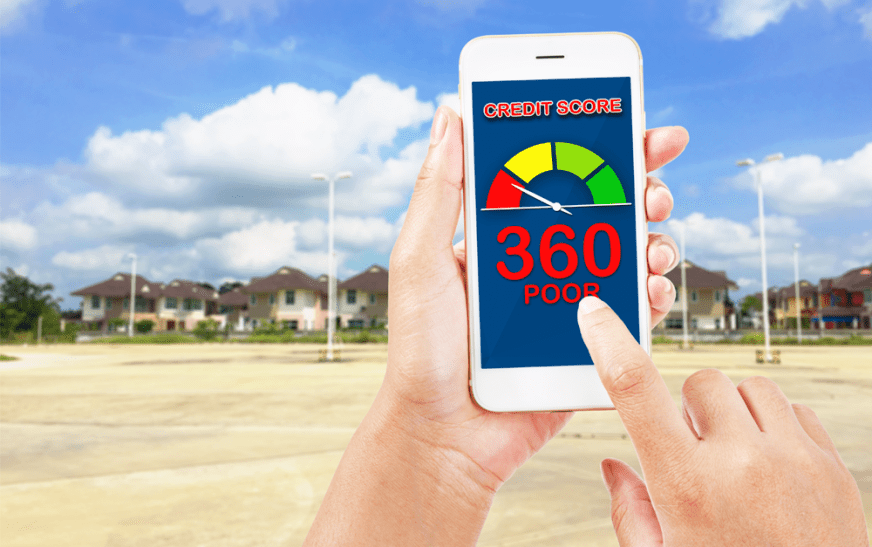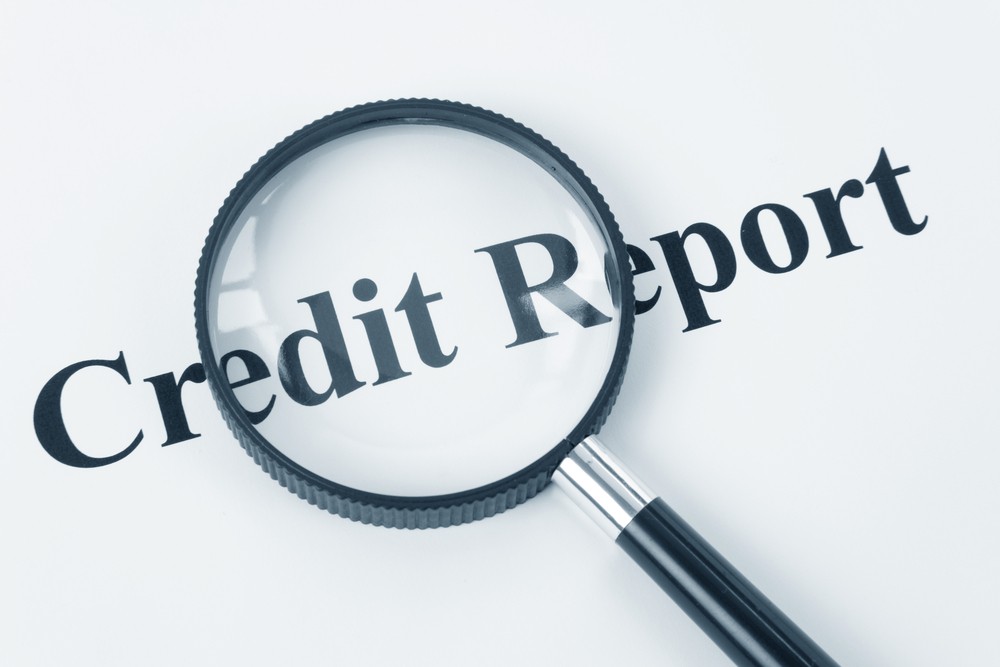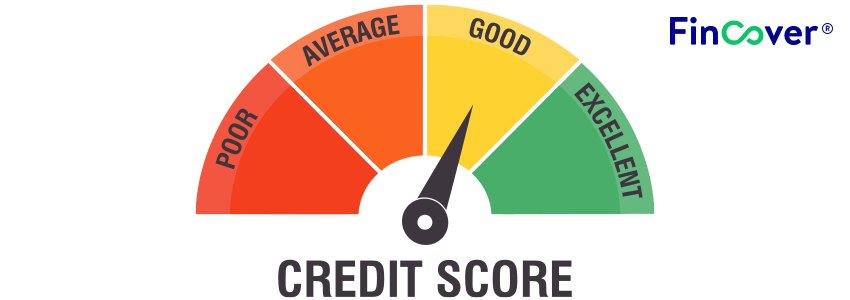A good credit score is crucial for achieving financial health and stability. It can influence your ability to secure loans, obtain favorable interest rates, and even affect your job prospects. This comprehensive guide will walk you through proven strategies to improve your credit score and boost your financial health.
Understanding Credit Scores
What is a Credit Score?
A credit score is a three-digit number that represents your creditworthiness. It is calculated based on your credit history and ranges from 300 to 850, with higher scores indicating better creditworthiness.
Why is a Good Credit Score Important?
A good credit score can:
- Lower interest rates on loans and credit cards.
- Increase your chances of loan approval.
- Enhance your negotiating power.
- Impact your insurance premiums.
- Influence job prospects, as some employers check credit scores.
Factors Influencing Your Credit Score
- Payment History (35%): Timely payments on loans and credit cards.
- Credit Utilization (30%): Ratio of your credit card balances to credit limits.
- Length of Credit History (15%): Age of your credit accounts.
- New Credit (10%): Number of recently opened credit accounts.
- Credit Mix (10%): Variety of credit accounts, such as credit cards, mortgages, and auto loans.
Steps to Improve Your Credit Score
- Check Your Credit Report
- Obtain Your Credit Report: Get a free credit report from each of the three major credit bureaus (Equifax, Experian, and TransUnion) annually from AnnualCreditReport.com.
- Review for Errors: Check for inaccuracies, such as incorrect personal information, account errors, or fraudulent accounts.
- Dispute Errors: Report any discrepancies to the credit bureau to have them corrected.
- Pay Your Bills on Time
- Set Up Payment Reminders: Use calendar reminders or automatic payments to ensure you never miss a due date.
- Prioritize Bills: Focus on paying your credit card and loan bills on time, as they have the most significant impact on your credit score.
- Reduce Your Credit Utilization Ratio
- Pay Down Balances: Aim to keep your credit utilization below 30% of your credit limit.
- Increase Credit Limits: Request higher credit limits from your credit card issuers, but avoid increasing spending.
- Multiple Payments: Make multiple payments throughout the month to keep your balance low.
- Avoid Opening Too Many New Accounts
- Limit Hard Inquiries: Each new credit application results in a hard inquiry, which can lower your score. Only apply for credit when necessary.
- Space Out Applications: If you need to apply for multiple credit accounts, space them out over time.
- Maintain Old Credit Accounts
- Keep Accounts Open: The length of your credit history matters, so keep older accounts open and active, even if you don’t use them regularly.
- Use Older Cards Occasionally: Make small purchases and pay them off to keep the accounts active.
- Diversify Your Credit Mix
- Variety of Credit: Having a mix of credit types (credit cards, installment loans, mortgages) can positively impact your score.
- Responsible Management: Manage all types of credit responsibly, making timely payments on all accounts.
- Set Up Alerts for Unusual Activity
- Credit Monitoring: Sign up for credit monitoring services to receive alerts about significant changes or suspicious activity on your credit report.
- Fraud Alerts: Place fraud alerts on your credit reports if you suspect identity theft.
Advanced Strategies for Improving Your Credit Score
- Negotiate with Creditors
- Payment Plans: If you’re struggling to make payments, contact your creditors to negotiate payment plans or settlements.
- Goodwill Adjustments: Request creditors to remove late payments from your credit report as a goodwill gesture.
- Become an Authorized User
- Authorized User Status: Ask a family member or friend with a good credit history to add you as an authorized user on their credit card. This can help boost your score by piggybacking on their positive credit behavior.
- Utilize Balance Transfer Cards
- 0% APR Offers: Transfer high-interest debt to a credit card with a 0% introductory APR offer to pay down balances faster without accruing additional interest.
- Pay Off Debt Strategically
- Debt Snowball Method: Focus on paying off the smallest balances first to gain momentum.
- Debt Avalanche Method: Prioritize paying off debts with the highest interest rates to save on interest payments over time.
- Use Credit Builder Loans
- Credit Builder Loans: These loans are designed to help build credit. The loan amount is held in a bank account until you repay it, and your timely payments are reported to the credit bureaus.
- Avoid Closing Unused Credit Cards
- Keep Accounts Open: Closing credit cards can reduce your available credit and increase your credit utilization ratio, negatively impacting your score.
- Annual Fees: If an unused card has an annual fee, consider whether the cost outweighs the benefits of keeping the account open.
Monitoring Your Progress
- Regularly Check Your Credit Score
- Monthly Checks: Many financial institutions and credit card issuers offer free monthly credit score updates.
- Third-Party Services: Use services like Credit Karma or Credit Sesame to monitor your score.
- Track Changes Over Time
- Analyze Trends: Pay attention to changes in your score and identify any patterns or areas for improvement.
- Adjust Strategies: If your score isn’t improving, reassess your strategies and consider seeking advice from a financial advisor.
- Celebrate Milestones
- Acknowledge Progress: Celebrate small milestones along the way, such as reaching a higher credit score tier or paying off a significant debt.
- Stay Motivated: Maintaining a positive attitude and staying motivated can help you stay on track with your credit improvement goals.
FAQs
- What is a credit score?
A credit score is a numerical representation of your creditworthiness, typically ranging from 300 to 850. It is calculated based on your credit history, including factors such as payment history, amounts owed, length of credit history, new credit, and types of credit used.
- How often should I check my credit score?
It’s recommended to check your credit score at least once a month. Many credit card issuers and financial institutions offer free credit score monitoring services. Regularly checking your score helps you stay informed about your financial health and detect any potential issues early.
- How can I improve my payment history?
To improve your payment history, always pay your bills on time. Setting up automatic payments or payment reminders can help ensure you never miss a due date. If you’ve missed payments in the past, focus on making all future payments on time to gradually improve this aspect of your score.
- What is credit utilization and how does it impact my score?
Credit utilization is the ratio of your outstanding credit card balances to your credit limits. It is an important factor in your credit score, accounting for 30% of the total score. To improve your credit utilization ratio, try to keep your balances below 30% of your credit limit.
- How does opening new credit accounts affect my score?
Opening new credit accounts can temporarily lower your credit score due to hard inquiries and a shorter average credit age. However, responsibly managing new accounts over time can help improve your score. Avoid opening too many new accounts in a short period.
Conclusion
Improving your credit score is a marathon, not a sprint. By understanding the factors that influence your score and implementing these strategies, you can make significant progress toward boosting your financial health. Remember to be patient, stay disciplined, and monitor your progress regularly. With consistent effort and smart financial habits, you’ll see your credit score rise, opening doors to better financial opportunities and a more secure future.


















